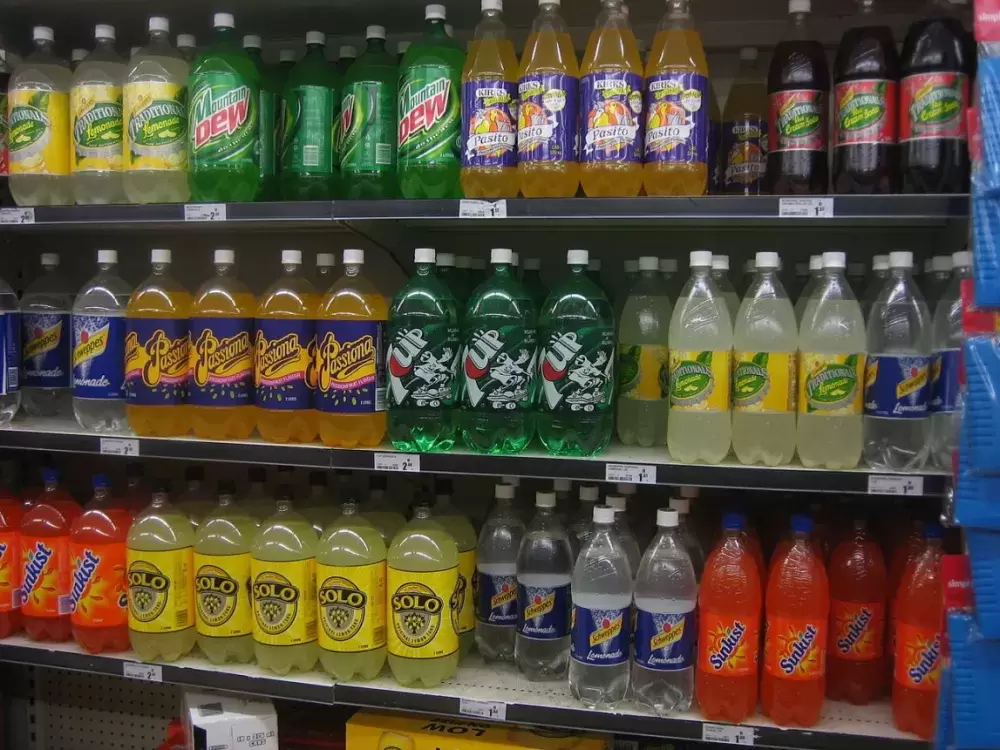November is Diabetes Awareness month, and it is estimated that 25 per cent of B.C.’s Indigenous people will develop Type 2 diabetes, compared to 10 per cent of non-Indigenous people. It is also known that Indigenous people will be diagnosed around 14 years earlier than the former.
These statistics are provided from Rachel Dickens, who is the central region’s certified diabetes educator, as well as the Nuu-chah-nulth Tribal Council’s first registered dietitian.
“Diabetes is a complex condition,” Dickens says, “it can be caused by stress, food choices, family history, sedentary lifestyle.”
She also mentions how history can play a factor in diabetes, stating how the stress of colonization and residential schools could be a cause as well.
“It means our body has a hard time processing sugar,” she explains.
Sugar doesn’t always mean sweet sodas, either. It could be in the form of cereal, bread, or pasta.
“It causes the sugar in our body to thicken, and slows down the blood flow to important parts of our body, like fingers, legs, or the heart,” she adds.
Dickens started with the NTC in July, and has worked hard to connect with the five central regions nations, Ahousaht, Hesquiaht, Tla-o-qui-aht, Toquaht and Yuułuʔiłʔatḥ. Dickens is able to travel out to the communities to consult about medications or insulin, and can bring out the necessary tools for monthly screening tests and blood sugar levels. This allows Indigenous people with diabetes in rural communities to cut the cost of travel to doctors and hospitals in larger towns.
Her client base is mostly adults, but recently she had started attending different girls’ groups to educate on diabetes. Dickens pushes the importance of water, and how to make it more appealing for youth so they can avoid the unhealthy, sugary drinks such as energy drinks and pop
Dickens also has weekly groups in Ahousaht and Hitacu, open to anyone with diabetes or who has close family and friends with the condition. There, she talks about healthy meal prepping with affordable recipes, and shares knowledge on new medications.
As a registered dietician, Dickens is also available to talk about healthy eating, meal prepping, and nutrition. If there is anyone in the central region who would like advice and support on diabetes, or anyone without diabetes, they can consult Dickens about a healthy lifestyle. Her department is still very new, so it is fluid, flexible and ready to mold to the communities’ needs.
Rachel Dickens can be found at the NTC office in Tofino, at (250) 725-3367.







